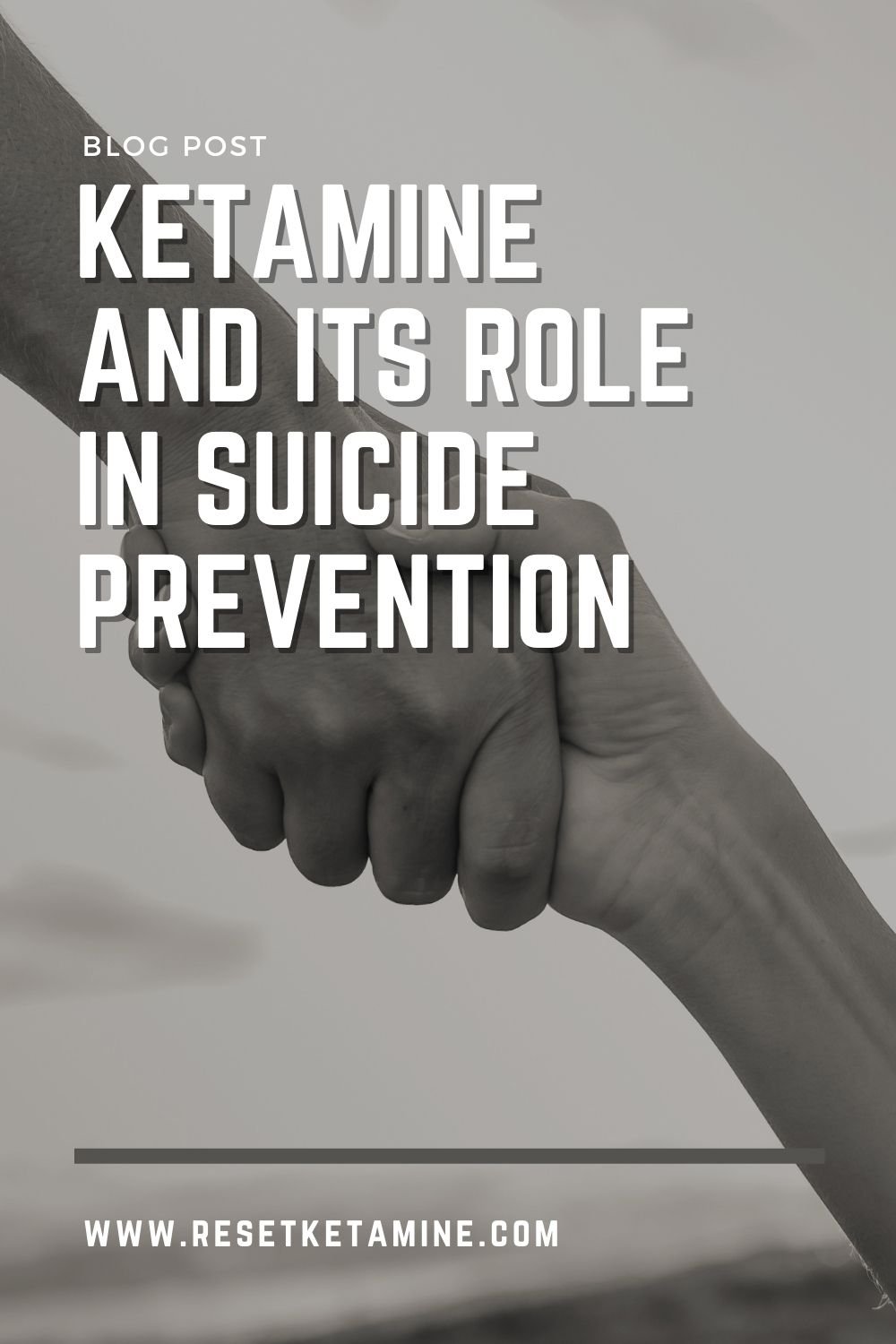Last week the world lost two iconic Americans Kate Spade and Anthony Bourdain, bringing to the forefront this startling fact from the Center of Disease Control (CDC): since 1999 there has been a 30% increase in suicides in the United States [1].
What was also disconcerting in this article, was the finding that 54% of the suicides included in this study involved individuals with no known mental health issues. These were individuals who perhaps did not have a diagnosis of depression, but felt the stresses of relationships or finances to be too much. Those individuals could be your neighbor, co-worker, or family member.
With these alarming statistics, an effective solution needs to be created and ketamine may be a part of it. There are various studies looking at ketamine and its ability to reduce suicidal ideation, (or suicidal thoughts). Suicidal ideation is a psychiatric emergency, and as emergencies go it must be dealt with swiftly.
DiazGranados and colleagues found thoughts of suicide significantly decreased within 40 minutes of an IV ketamine infusion. These thoughts significantly remained decreased for 4 hours after the infusion in the context of major depressive disorder (MDD) [2]. This article shows that ketamine can give mental health care providers a window of opportunity to counsel and create a plan to support the patient's recovery. Another study by Ionescu and colleagues showed repeated infusions extended the decrease in thoughts of suicide up to 3 months in some patients with treatment-resistant depression (TRD) [3].
Ketamine may be part of the solution by rapidly decreasing suicidal thoughts and catalyzing transformative change in those with depression. However, it would be magical-thinking and over simplistic to say ketamine is the only answer. Providing a safe place to discuss stresses and worries, counseling on unhelpful thoughts, and creating social support need to be part of the solution.
If you or a loved one is having thoughts of suicide and don’t know where to turn to, call the National Suicide Prevention Lifeline at 1-800-273-TALK (8255)
References:











This blog explores whether repeated ketamine infusions are safe over time, plus stresses the importance of communicating with your provider about any potential side effects.